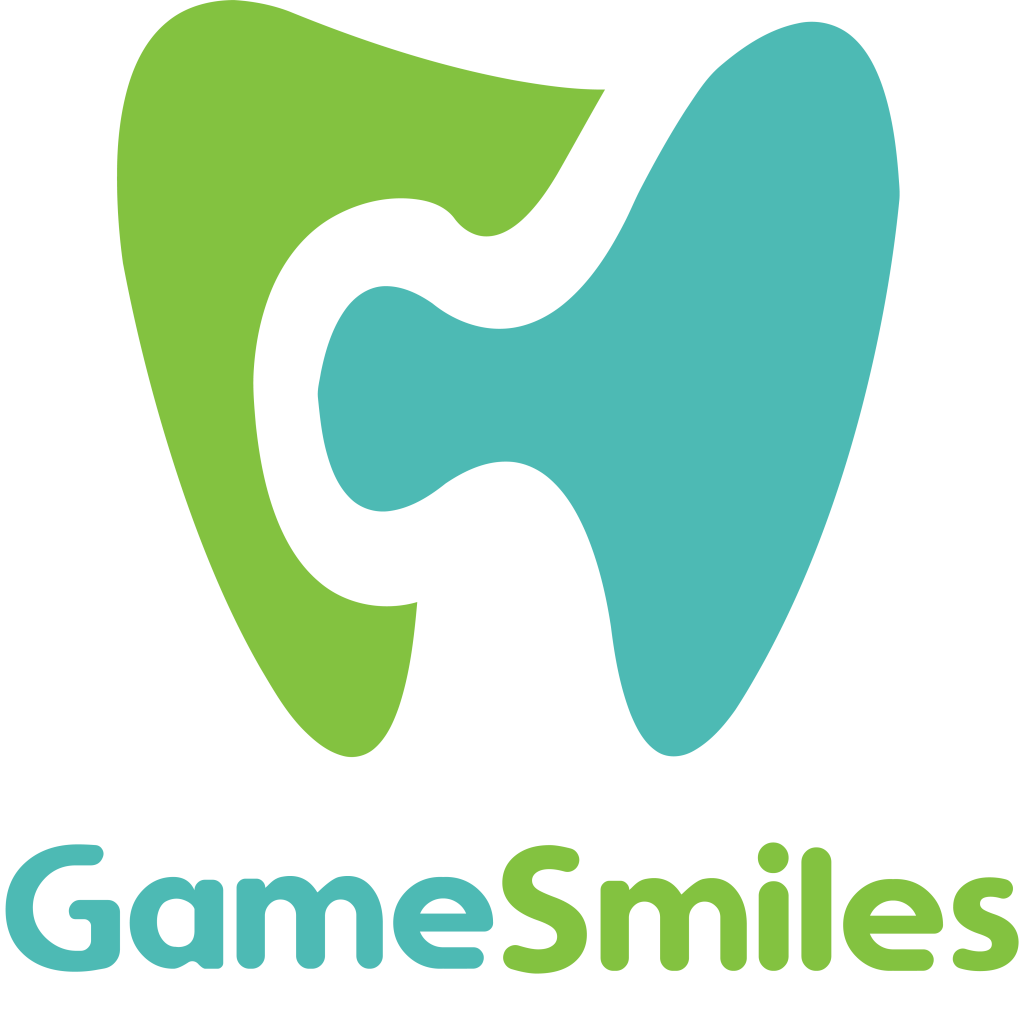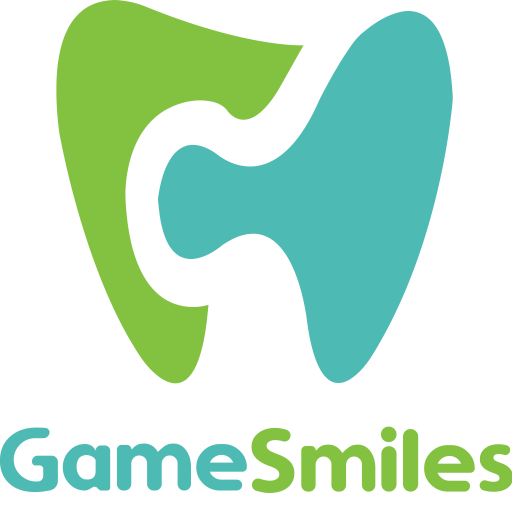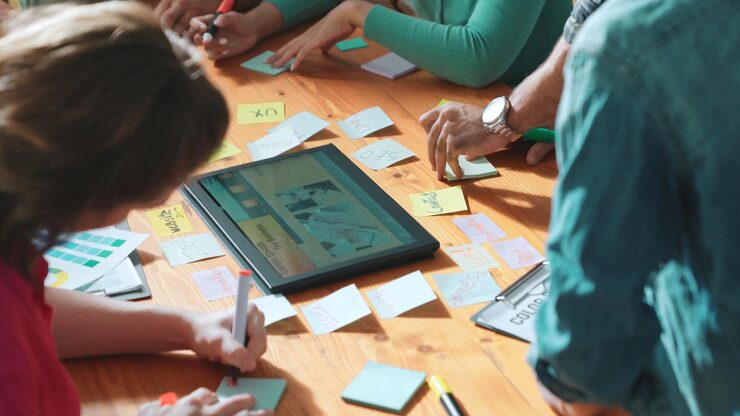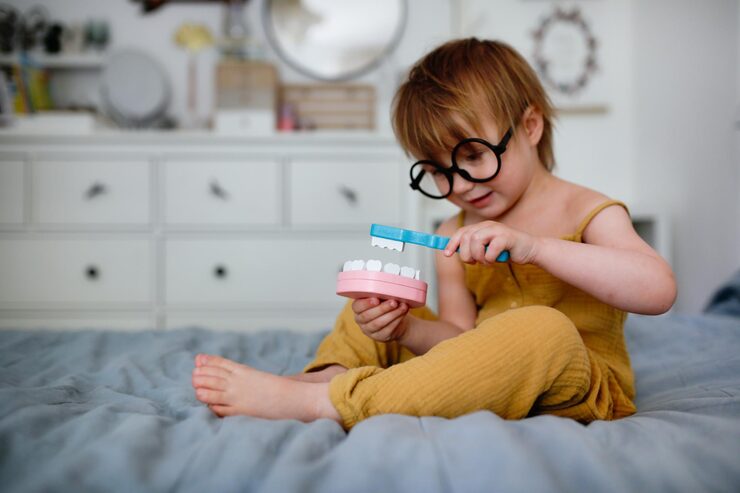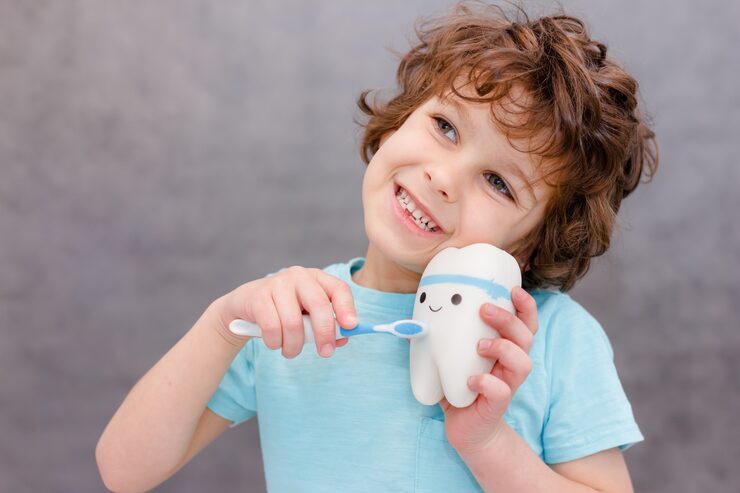The traditional educational practices have to change to cater to diverse learners urgently, it is a fast-paced world of education and technology. Game-Based Learning is one of the most impactful innovations in this domain, using the power of interactive gameplay as a medium to convey educational content through immersive and engaging way. This approach is becoming increasingly popular in the health-care space because of how it can break down difficult concepts, stick and create memorable learning experiences. Health Education for every Spectrum, from teaching hygiene to training health care professionals on decision making game-based learning are changing the way we do health education over all ages.
What is Game-Based Learning?
Game-based learning (GBL) refers to the use of game principles, mechanics, and design to teach specific skills or knowledge. Unlike gamification which adds game-like features such as points or badges to non-game activities game-based learning involves complete games built around learning objectives. The core of GBL lies in its interactive, immersive experience, where learners actively participate in problem-solving, decision-making, and goal-oriented tasks.
In the context of health education, game-based learning transforms theoretical knowledge into practical application. Learners are presented with real-life scenarios, challenges, and feedback, enabling them to practice critical thinking and reinforce concepts in a simulated, risk-free environment. Whether its children learning about the effects of sugar on teeth or medical students navigating emergency care situations, GBL provides a unique platform for education through experience.
Benefits of Game-Based Learning
There are many advantages to game-based learning, which makes it a special asset for health education. One of the best things is engagement. Games hold people’s attention, motivate the learners to do more and need active participation, especially when teaching something that could be outlandish or technical.
GBL improves the memory of knowledge as well. Research has shown that learners are inclined to retain information better when they are able to interact with the data. This is especially important for health where the understanding and application of information can be literal lifesaving if not learned properly.
One more is Individualized Learning. Most (but not all) educational games are adaptive, permitting the learner to work at their own pace; receive instant feedback; and reread content, if necessary. This individualization is to ensure that not one learner is left behind.
Another advantage is also collaborative learning and communication because they typically work in multiplayer (or team-based) settings with GBL. Using healthcare training to emulate real-world collaboration will prepare your learners to think in the correct manner for challenging scenarios.
Is Game-Based Learning Effective?
The effectiveness of game-based learning has been widely studied, and results are promising across various domains. In health education, GBL has demonstrated a positive impact on both learning outcomes and behavioral change. For example, children exposed to health-themed educational games are more likely to adopt healthy habits, such as brushing their teeth regularly or choosing nutritious foods.
Among older students and professionals, game-based simulations help build confidence and improve decision-making in clinical scenarios. Interactive patient case games, emergency room simulations, and anatomy-based puzzles offer hands-on learning that textbooks simply can’t provide.
Moreover, GBL enhances long-term engagement with educational content. Because the process is enjoyable, learners often spend more time immersed in learning activities, which translates to deeper understanding and sustained interest. For topics like dental hygiene or public health which require continuous reinforcement this sustained engagement is key.
Educational Games for Health Professionals
While game-based learning is often associated with children, it is increasingly being adopted in professional healthcare education as well. Educational games for health professionals include complex simulations, virtual patients, and scenario-based training tools designed to teach clinical reasoning, diagnostic skills, and emergency response.
For instance, medical schools now use virtual reality games that simulate operating rooms or patient interactions, allowing students to practice in a safe, controlled environment. Nursing programs integrate decision-making games that help learners understand medication management, infection control, and patient communication.
Public health organizations have also started using serious games to train professionals in epidemic response, vaccine distribution, and health communication strategies. These tools improve readiness, promote critical thinking, and offer measurable outcomes through performance tracking and real-time feedback.
Importantly, these games are not a replacement for hands-on training but a complementary tool that enhances classroom instruction and real-world experience. When used effectively, they bridge the gap between theory and practice an essential need in healthcare education.
Conclusion
Game Based learning is no more a personal favorite in educational world now it has become an intense educational concept which is disrupting the way we teach and learn about health. Interactive games are increasingly showing their effectiveness to engage learners, reinforce difficult concepts and instill lasting behavior change from early years to healthcare professionals. While educational approaches continue to adapt for the needs of contemporary learners, game-based learning sets itself apart as it not only educates but inspires.
We at GameSmile are excited for this evolution We created a board game and app to give children a fun, interactive way of learning the dietary dental health connection. We take evidence-based education and use it with smart technology to ensure that learning is both accessible and fun. Anything is possible in the game-smile world which demonstrates that even most serious health topics can be taught through entertainment.
